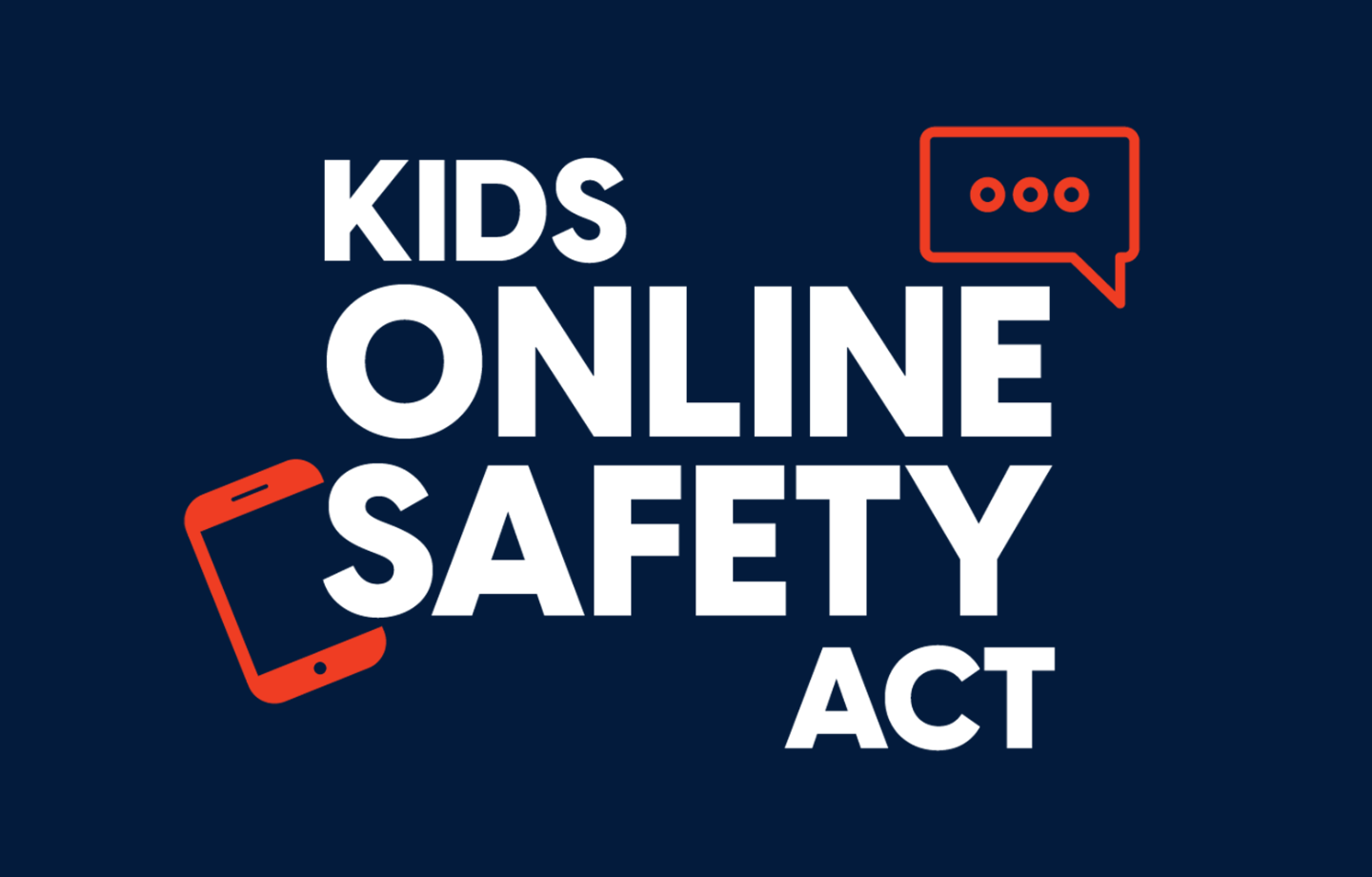Meta’s Quest to Insert VR into Schools Threatens Students’ Privacy

April 15, 2024
On April 15, Nick Clegg, Meta’s President for Global Affairs, announced the launch of a new product line for its virtual reality (VR) devices dedicated to education. Meta changed its name from Facebook in 2021 to mark its pivot to the “metaverse,” the 3D immersive virtual world that CEO Mark Zuckerberg believes will replace the 2D Internet. Since 2016, Meta has invested tens of billions of dollars into VR and unveiled a series of “Quest” (formerly called Oculus) headsets, which allow wearers to immerse themselves fully in computer-simulated 3D immersive environments.
One of the most hyped use cases for VR is education. Meta’s promotional videos for Quest show a young girl and her teacher transported to the solar system, and a college-age student manipulating a 3D molecule while sitting in a lecture room. Clegg, in his latest post, expands on these tantalizing applications: “Instead of telling students what the dinosaurs were like, they can walk among them. Virtual science laboratories can be built and filled with equipment that most schools would never be able to afford…”
While it’s true that 3D immersive technology could enhance educational experiences, it also carries the potential for far-reaching harm to human rights, particularly the right to privacy. As our Center’s September 2023 report on this subject highlights, VR headsets are equipped with sensors that constantly track users’ eye gaze, facial gestures, and limb movements. Such tracking, when aggregated as data, can be used to infer deeply sensitive information about a person, including their health conditions, mental states, behavioral tendencies, and even sexual preferences.
Headsets could erase this data promptly after it’s no longer needed for device functionality. Apple, another manufacturer of 3D technology, has taken a more privacy-conscious approach by designing its Vision Pro headset so that eye-tracking data never leaves the device (the company has not said, however, how it will collect and process other bodily data). Meta, by contrast, has reserved the right to use customer data extracted from VR headsets in a range of ways, including for targeted advertisements.
There are several reasons to be concerned about the integration of VR hardware into education. A potential decrease in real, in-person socialization among children and possible long-term mental health impacts are two legitimate, if mostly hypothetical, concerns. A more pressing issue is the irreversible extraction and monetization of unprecedented amounts and types of intimate personal data from children.
 Technology & Democracy
Technology & Democracy


